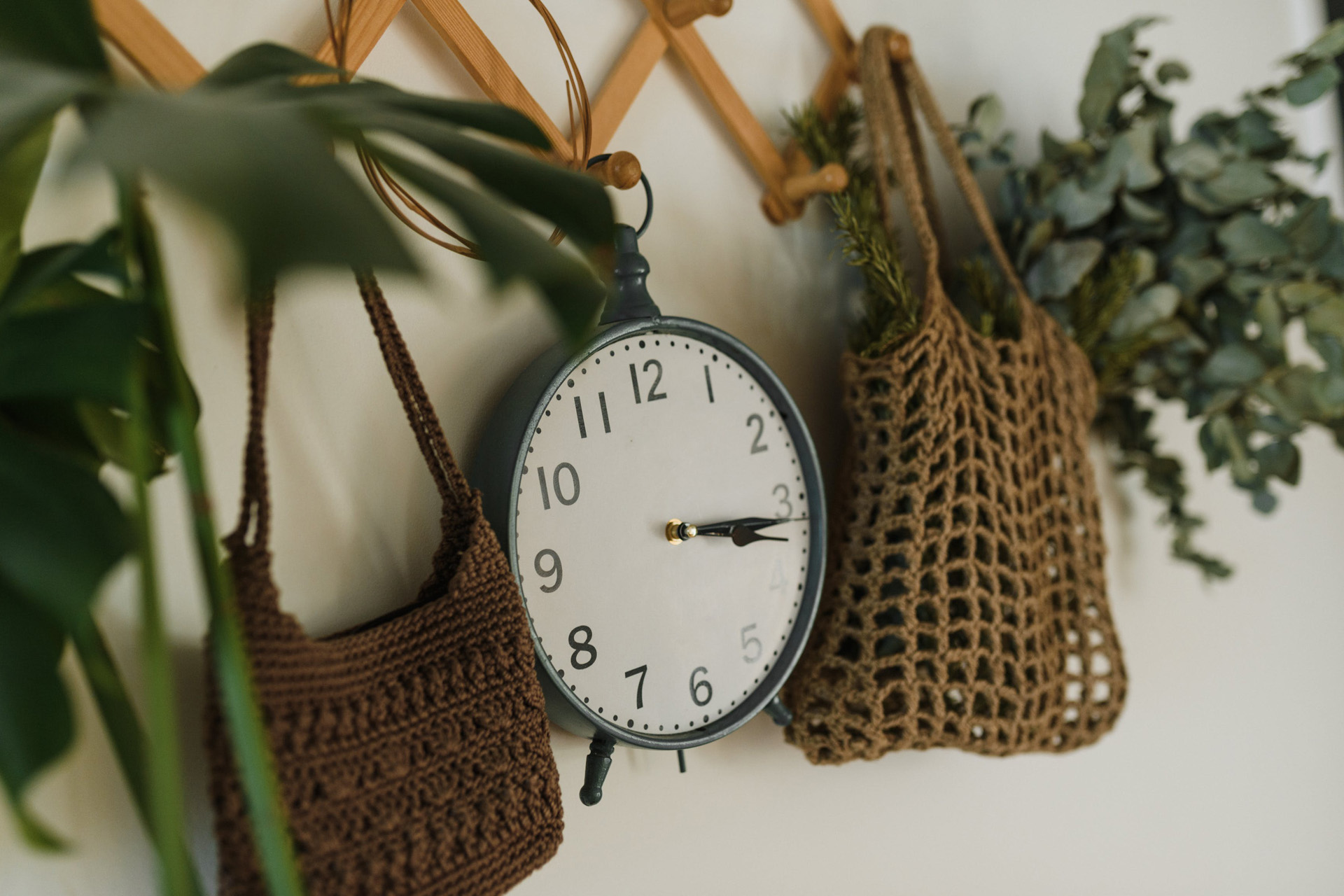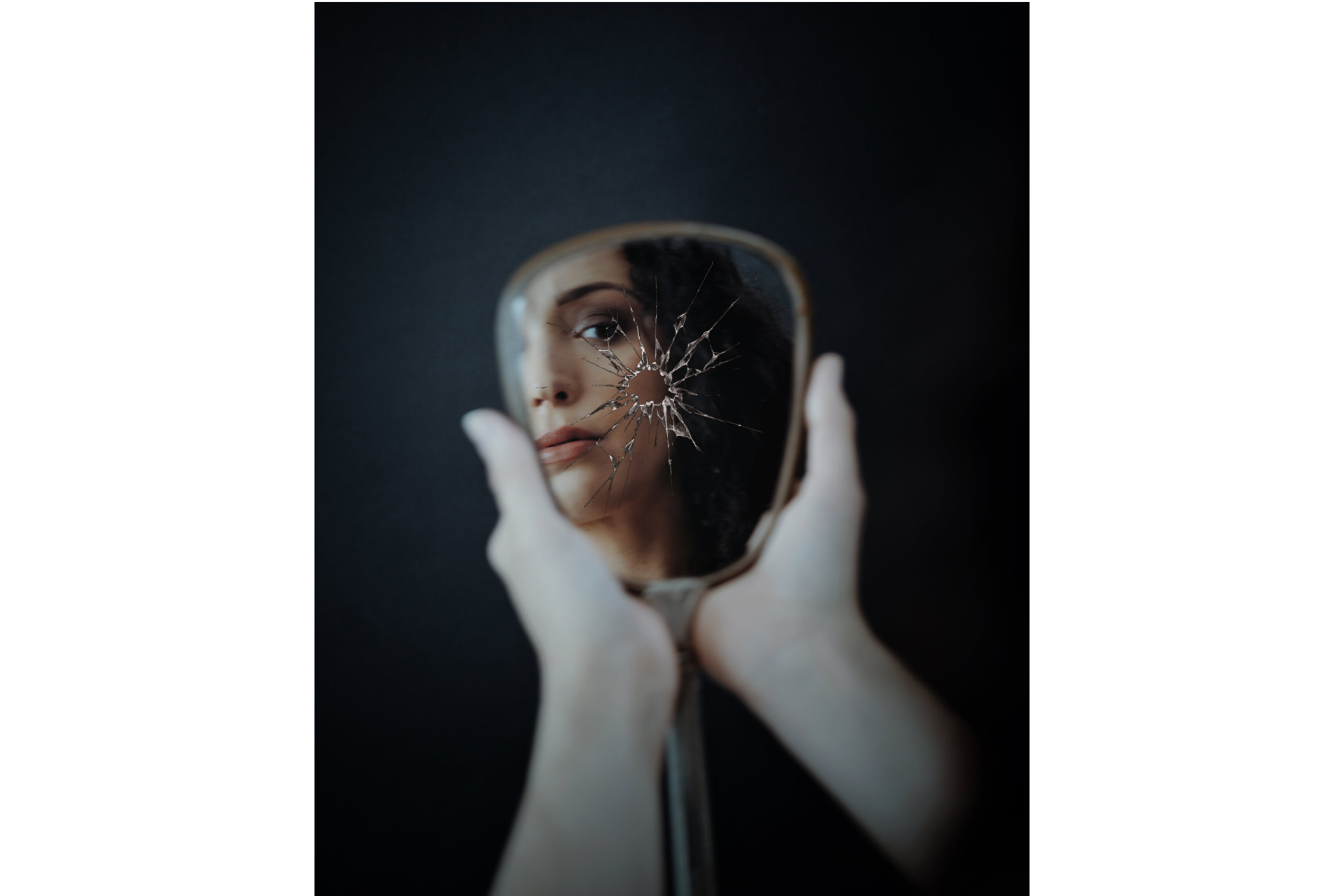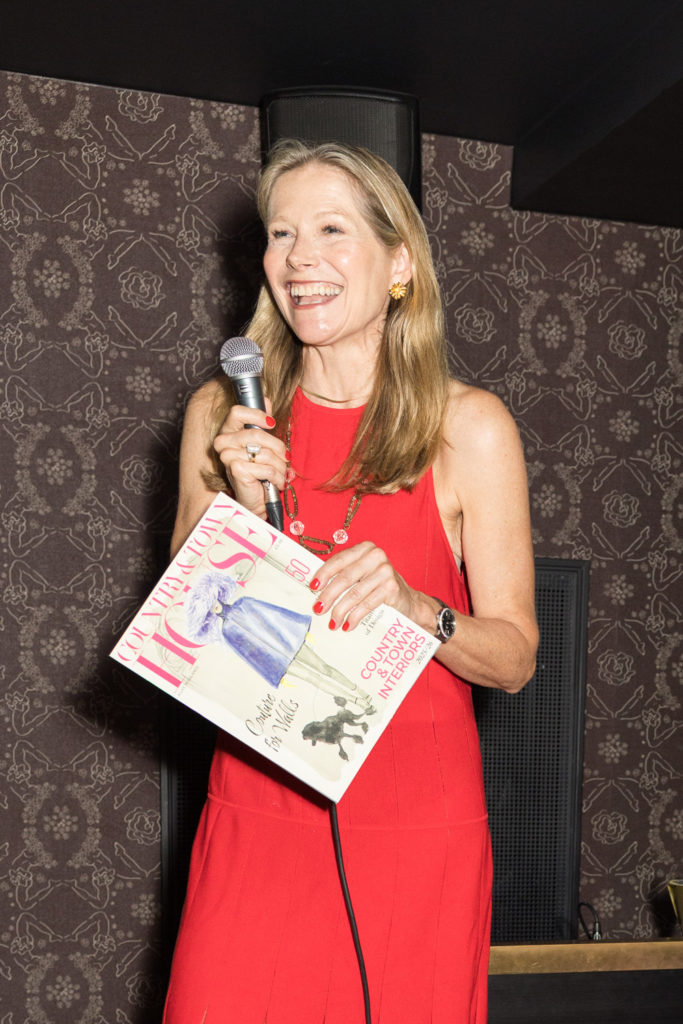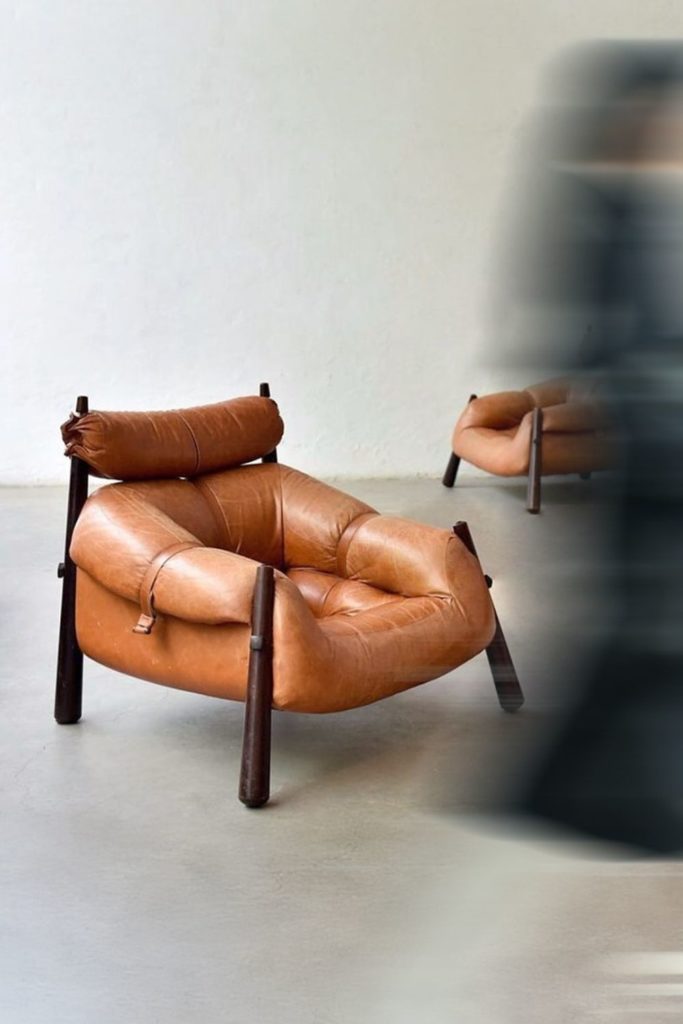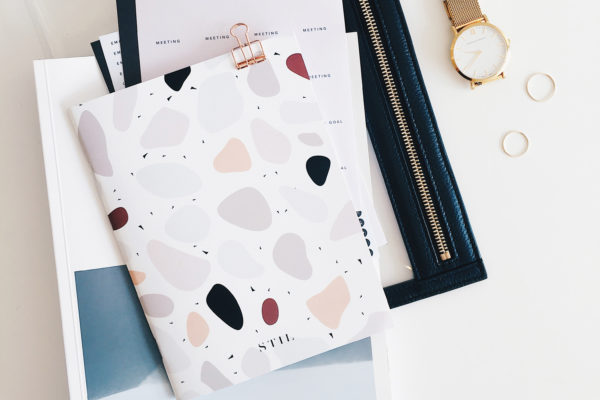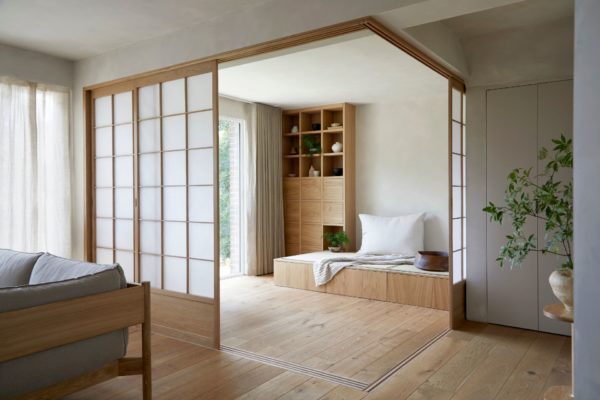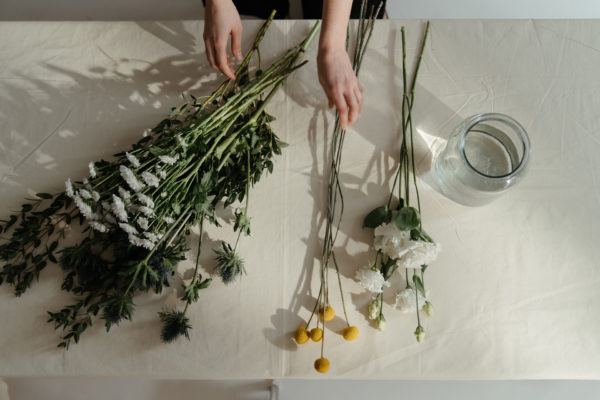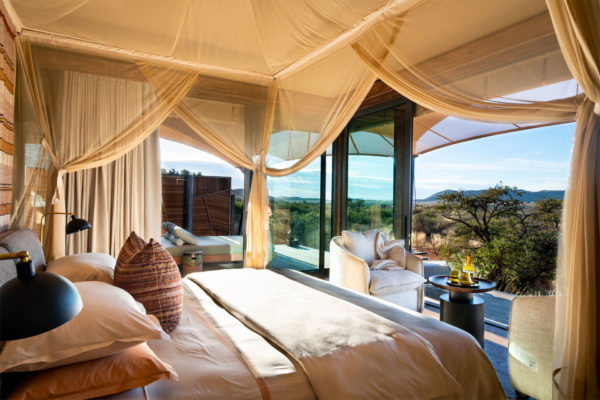Feng Shui: Never Keep These 5 Items In Your Home
By
1 year ago
The vibes are off – and here’s why
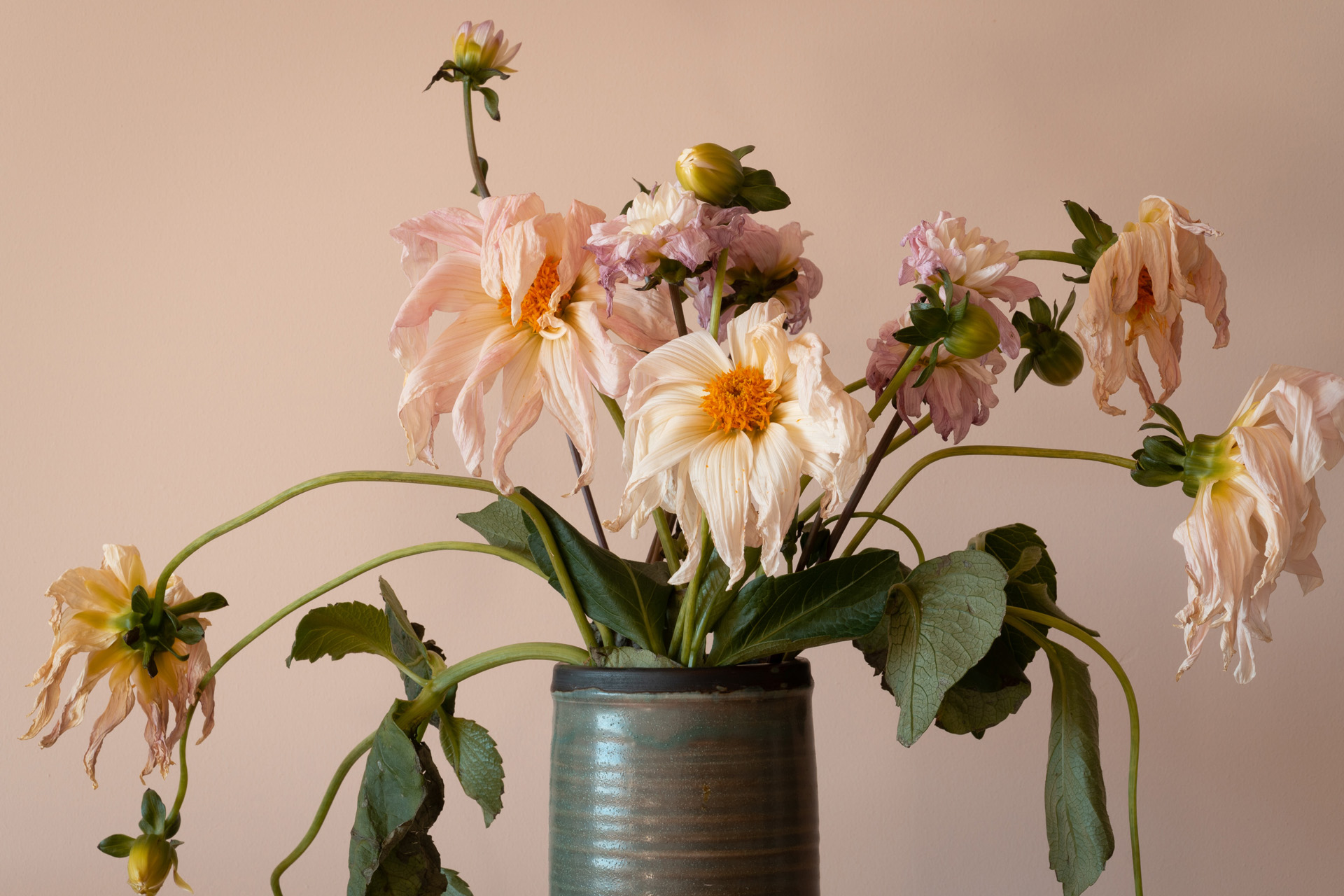
Are the vibes a little… off? It could be the Feng Shui. This ancient Chinese practice harmonises individuals with their surrounding built environment using energy forces. Drawing on astronomical, astrological, architectural, cosmological, geographical and topographical dimensions, it has been used to orient buildings, tombs and homes, but is most commonly used today to harmonise your space.
Feng Shui moves in 20 year cycles, and we will move into the next cycle on 4 February 2024, just before we enter into the Year of the Dragon with the Lunar New Year. We are entering into Period 9, which will last until 2044 and is ruled by the fire element, meaning passion, creativity, transformation and inspiration will all reign supreme. Period 8, in contrast, was ruled by the Earth element, centring stability, security, nourishment and grounding.
If you’re wondering where to start with Feng Shui as Period 9 approaches, how about what not to do? The storage and organisation experts at Explorage.com have teamed up with celebrity Feng Shui consultant Denise O’Dwyer to share the five things you should never store in your house in order to protect your peace and wellbeing. Here’s what they are.
‘We all know that a home full of clutter can create a sense of disorder leading to feeling overwhelmed,’ says Anna Roberts, founder of Explorage.com. ‘Having too much stuff in our immediate environment can signal to our brain that we’re not in control of our space. This means that it is important to stay on top of decluttering our homes, but it’s fascinating to learn that under the principles of Feng Shui there are certain items that are more harmful than others when stored in our living space.’
But why is this? Literally, Feng Shui means ‘wind-water’, and refers to the belief that landscapes and bodies of water direct the flow of the universal Qi. Qi is the invisible energy force flowing through everything, as well as making up and binding everything in the universe together. It is constantly flowing, and the goal of Feng Shui is to enhance and shift the flow of Qi to improve health and vitality. This is often done by rearranging and decluttering your space. If you’re looking to declutter and enhance your Qi for luck in the Lunar New Year, here’s exactly where to start.
Feng Shui: Never Keep These 5 Items In Your Home
1. Unused Or Stopped Clocks
‘Clocks that are not in use or are broken are believed to symbolise a stagnant concept of time and hinder progress,’ Denise says. ‘They can create a sense of pressure, reminding us of time passing without purpose. Repair or replace broken clocks and remove unused ones to encourage a healthier relationship with time.’
2. Painful Reminders
‘Holding onto items associated with negative memories or unresolved emotions can keep you anchored to the past, preventing personal growth and inviting negative Qi into your space,’ Denise explains. ‘It’s important to let go of unhappy mementos to create a fresh and positive energy flow.’
3. Broken Mirrors
‘In Feng Shui, mirrors are considered powerful tools for reflecting and enhancing energy. However, a broken mirror is believed to distort or reflect negative and fragmented energy, which can disrupt the harmony in your home,’ Denise warns. ‘Replace or dispose of broken mirrors.’
4. Unused Or Damaged Crockery
‘Chipped, broken, or unused plates and cups drain your personal Qi, or energy, and obstruct the positive energy within your space,’ says Feng Shui expert Denise O’Dwyer. ‘Clearing out broken items can help create a more harmonious environment.’
5. Dried or Dead Plants
‘Dried or dead plants represent lifelessness and signify a lack of vitality,’ says Denise. ‘They can create stagnant energy and block the positive flow of Qi in your home. It’s equally important to keep your indoor plants healthy, to promote a sense of growth and vitality.’

